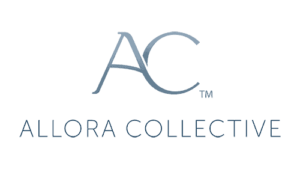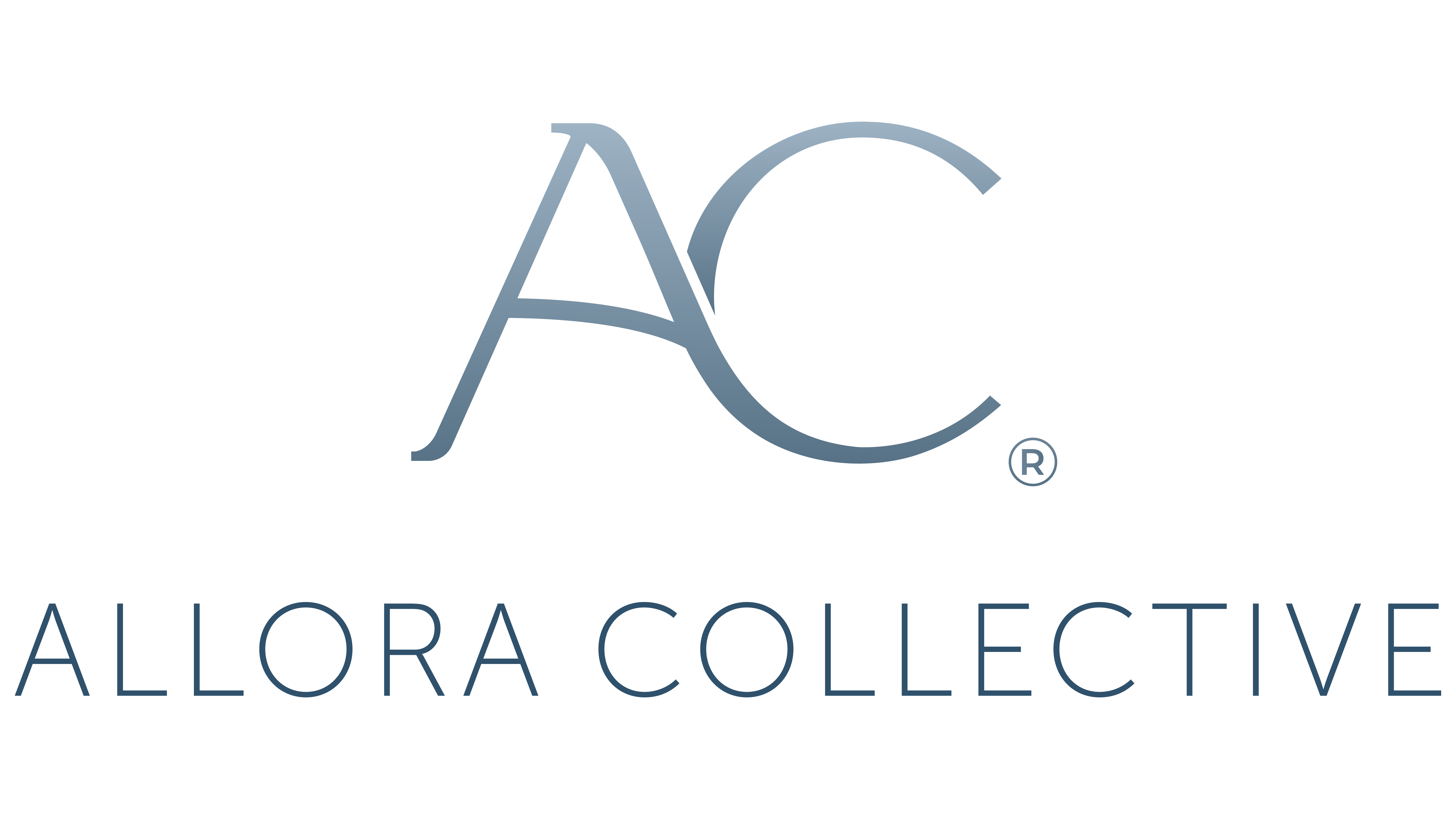
What Is The CARL Method And How Does It Help You Interview Better

Use your career examples or career stories to describe your prior experiences when you are interviewing. These can help the interviewer visualize working with you, how you will impact the team or success of the business, and understand your thought process. This is how you bring your resume to life during the conversation. Prepare specific examples and tell your stories to support your candidacy for the role.
Instead of wasting time telling them “I’m a hard worker,” tell them the story about one of your successes to demonstrate your skills and capabilities. Including the essential facts in every career story also enables an interviewer to share those examples during a hiring decision meeting if they need to persuade others to hire you.
CARL is an alternative to the STAR or SBI approach. The two versions of CARL are Context, Action, Result, Learning OR Challenge, Action, Result, Learning. This method stands out because of the prompt to clearly define what you learned in this example. We’ve covered STAR and SBI in our other blogs.
The Context version is typically a better choice if your career is at a leadership level of Director or above and involves more strategic and complex, org-wide projects or initiatives. If your career to date has been more focused on tactical execution or implementation in individual contributor roles, the Challenge version is better because it will prompt you to be more direct. Noted exceptions are levels of principal, staff or distinguished which are individual contributor roles; however the scope of their role is across the entire organization or focused on future innovations and depending on the project either Context or Challenge can work.
When you identify what you learned when describing a career example or story you build upon your expertise and demonstrate a level of awareness not only in self-reflection but a habit of calibration. The method will help you convey how you think through projects looking for continuous improvements before moving on. Learning new things is growth.
Using this template, you can draft your career examples for interview preparation using the CARL method:
- Challenge OR Context
- What is the context of the situation?
- What was the challenge, task or initiative you were focused on?
- Action
- What was the plan and how did you develop that plan? What quantitative or qualitative data did you use in your assessment?
- Result
- What was the result after your plan was implemented? How did it impact the businesses success and teams?
- Learning
- What did you learn about your process from this experience? What trade-offs would you consider next time? What changes have you made to your strategy process since then that have improved your impact and results?
These are only a few examples but they depend on your experience, areas of expertise and your target role.
The key is to have a set of these career examples that you can access when it’s time for interview prep. You start with the example as written above, then you adapt each one for the interviewer and role you are being considered for.
Our Allora Interview Prep Worksheet gives our clients options to use CARL, STAR, or the SBI method. We help you choose what is best for you.
If you’re looking for interview coaching at any stage of your career, book a free session with an Allora coach!
Remember, as you progress through the interview process you want to adapt your career stories for each interviewer (recruiters, hiring managers, teams, leadership, culture); Read more about how to do that in our blog How To Interview Prep for Recruiters, Hiring Managers, Teams, Leadership And Culture or work with one of our coaches and we’ll help you.
Follow us on LinkedIn and subscribe to our email list for updates, advice and promotions!
Share this with your network or give a gift card for our coaching to a friend who deserves a team of support behind them every step of the way!
Kelly Kugler
Kelly is the Founder of Allora Collective, a career manager with two decades of experience, and a relocation strategist for expats and digital nomads in the US, Europe, and LATAM. After creating talent programs for startups and global companies, including General Assembly, NFL, and Booking.com, she built Allora Collective. She manages the careers of individuals providing one-on-one coaching and partners with companies to customize workshops and coaching packages for their teams.



